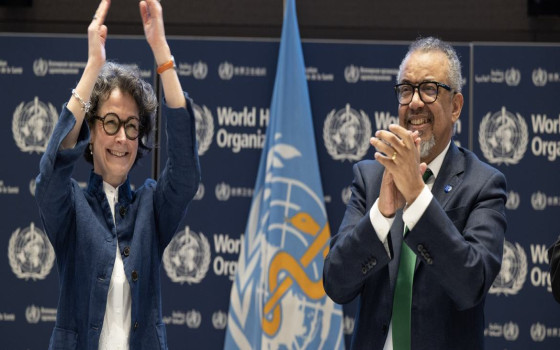
To prepare the world for pandemics, a historic draft agreement is reached after three years of negotiations. The United States is the most notable absentee.

- Europe and Arabs
- Thursday , 17 April 2025 8:53 AM GMT
Geneva: Europe and the Arabs
Countries have finalized a draft global agreement aimed at improving the world's preparedness for and response to pandemics, a historic step that will be presented to the World Health Assembly next month for adoption. According to what was announced Wednesday morning in Geneva, according to the UN daily news bulletin, a copy of which we received Thursday morning, after more than three years of negotiations under the auspices of the World Health Organization, the draft outlines a framework for strengthening international cooperation, equity, and resilience in the face of future global health threats.
The Director-General of the Organization, Dr. Tedros Adhanom Ghebreyesus, said that the countries of the world "made history today in Geneva."
He emphasized that by reaching consensus on the pandemic agreement, countries "have not only forged an intergenerational agreement to make the world safer, but have also demonstrated that multilateralism is alive and kicking, and that in our divided world, countries can still work together to find common ground and a common response to common threats." The One Health Approach
Negotiations began in December 2021, at the height of the COVID-19 pandemic, when WHO Member States agreed on the urgent need for a legally binding international instrument and established the Intergovernmental Negotiating Body.
The process involved 13 formal rounds of negotiations, many of which extended into the early hours of the morning, and culminated in today's consensus after a closing session that continued into the night.
Key elements of the proposed agreement include a commitment to the One Health approach to pandemic prevention, strengthening national health systems, and establishing a financial coordination mechanism, supply chain, and globally coordinated logistics network for health emergencies.
The draft also proposes a new system for access to and benefit-sharing of pathogen information, increased support for technology and knowledge transfer, and capacity building. It identifies a skilled, trained, and multidisciplinary workforce, both nationally and globally, for health emergencies.
Preserving National Sovereignty
The text also emphasizes national sovereignty in public health decisions. The agreement explicitly states that it does not include anything that would give the World Health Organization the authority to impose health measures such as lockdowns, vaccination campaigns, or border closures.
The draft agreement will be presented for consideration at the 78th World Health Assembly—the UN's highest forum on global health—which is scheduled to begin on May 19. If adopted, it will be subject to ratification by individual countries.
According to media reports, the United States did not participate in the latest round of negotiations, following its announcement in January of its withdrawal from the WHO, and will not be bound by the agreement.




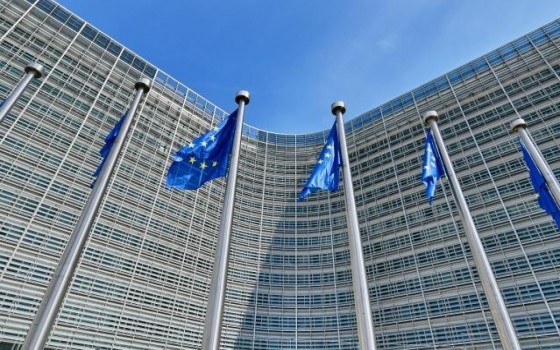
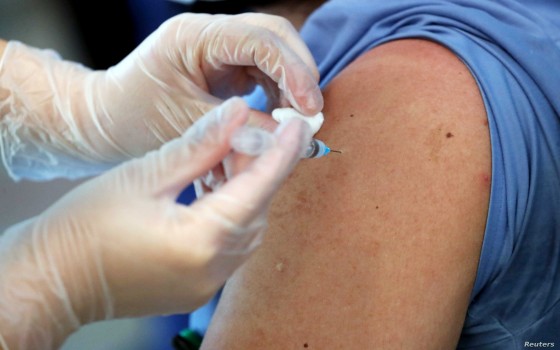
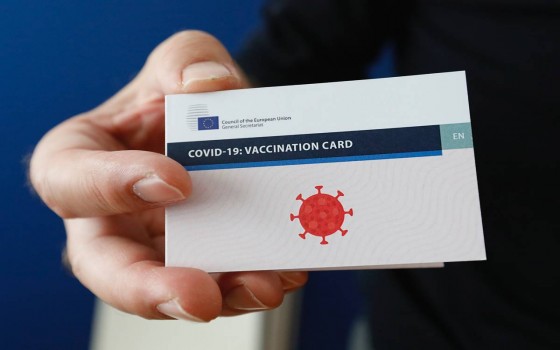


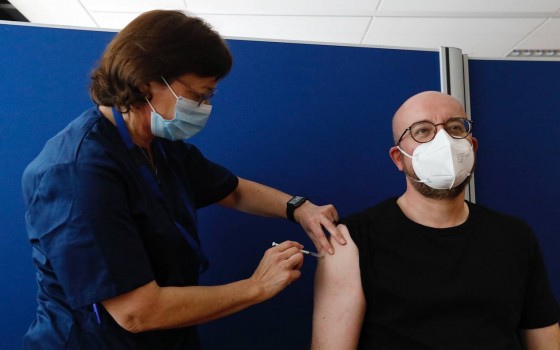


No Comments Found